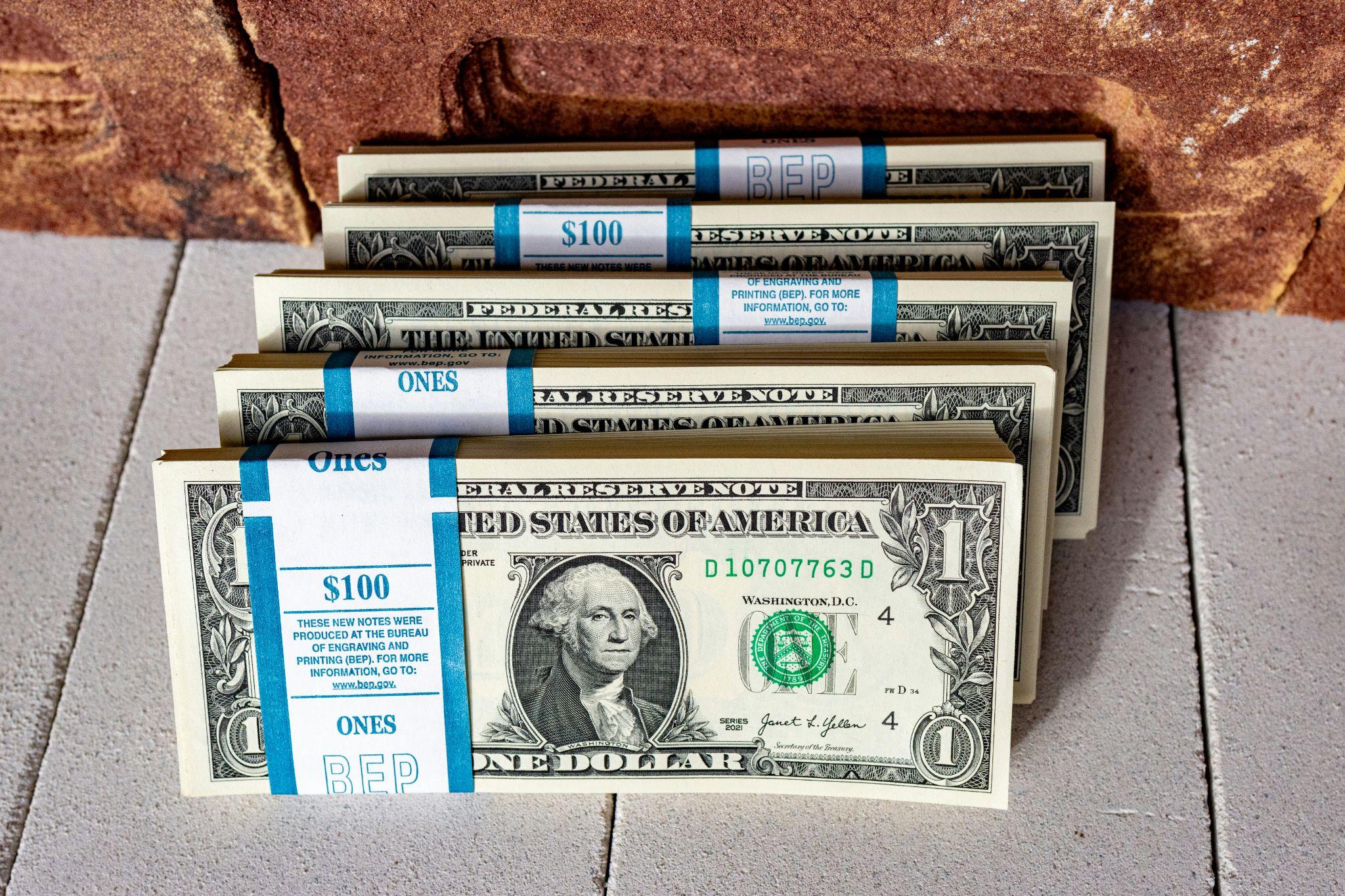
Three stacks of one hundred dollar bills on a tile floor photo – Free Green Image on Unsplash
Sweepstakes have gone global. International brands, online platforms, and promotional agencies are inviting American entrants to compete for prizes that feel new and exciting compared to local contests. The appeal is clear: unique experiences, bigger prize pools, and giveaways tied to travel or cultural events. What used to feel like a neighborhood promotion is now international, driven by digital marketing and global shipping. This wider reach brings opportunities that US contests may not offer, but also raises new questions about customs, taxes, and which country’s rules apply to the prize. For American entrants, understanding the legal landscape is the first step to entering safely.
Why Jurisdiction Matters
When US entrants enter international sweepstakes, the most important thing to verify is jurisdiction. Offshore prize providers follow the laws where they are licensed, not US consumer protections. This affects everything from eligibility rules to how and when prizes are delivered.
You can see this pattern in iGaming. The Adventure Gamers offshore casino review shows how licensing in places like Curaçao or Anjouan sets the rules for player protection. It also explains that payout practices differ; some operators use crypto or e-wallets instead of US banking systems. Most importantly, it demonstrates how oversight varies: some offshore platforms are well managed while others operate under looser standards.
The same applies to sweepstakes. A contest run from a country with light regulation may allow restrictive eligibility, vague rules on shipping, or minimal avenues for dispute resolution. In some cases, winners are required to resolve issues in a foreign court. For US entrants, that means you need to know which authority oversees the sweepstakes, if the sponsor is operating from a jurisdiction with strong consumer protections, and how disputes will be handled if they arise. Jurisdiction is not just paperwork; it’s the foundation of trust.
US Laws vs. Offshore Rules
In the US, sweepstakes are promotional tools, not gambling, as long as they follow strict rules. Key rules are “no purchase necessary”, full disclosure of odds and prize values, and compliance with truth in advertising. Entrants can rely on the FTC and state attorneys general if a sponsor doesn’t meet those standards.
Offshore sweepstakes work differently. A prize promotion run from Malta, Curaçao, or another jurisdiction follows that country’s laws, not US laws. Some countries require licensing or oversight of prize competitions, while others have very little regulation. In these cases, an American entrant has little recourse if a sponsor doesn’t honor their promises. Filing a complaint across borders can be slow and expensive, and consumer protections vary greatly.
Some US states add another layer. New York and Florida require sweepstakes with prizes over $5,000 to be registered and bonded before being promoted to residents. If a contest includes those states, legitimate sponsors will usually disclose this in the official rules. Other states like California and Texas have strong consumer protection laws that cover misleading advertising and prize delivery standards, which can give entrants additional rights if a contest is deceptive.
The New York and Florida Factor
New York and Florida have the toughest sweepstakes laws. New York requires sponsors to register high-value games of chance with the Department of State and post a bond before launch. Florida requires sweepstakes over $5,000 to file with the Department of Agriculture and Consumer Services.
If an international sweepstakes allows entries from New York or Florida, the sponsor takes on these obligations. When you see this disclosure in the rules, it usually means the contest is being run in compliance. While these states have the toughest filing requirements, they are not the only ones with consumer protection laws. Every US state has its own rules for advertising, prize delivery, and fraud prevention. Even if you don’t live in New York or Florida, you still benefit from the safeguards to keep sweepstakes fair and transparent.
Prize Fulfillment Across Borders
Winning is great, but collecting prizes can be complicated with offshore sponsors. On August 29, 2025, the US ended the de minimis tariff exemption for most low-value imports. For years, items under $800 would clear customs without duties. Now, even smaller shipments may have tariffs or processing fees. This is still being implemented as carriers and postal services adjust, but prizes shipped from abroad may have extra costs unless the sponsor covers them.
Shipping delays are another reality. Packages moving across borders may be held for inspection, especially if the prize is of high value or has electronics, alcohol, or luxury goods. Read the rules carefully to see who is responsible for customs paperwork and delivery costs.
Substitution policies matter too. If a prize can’t be shipped to the US, sponsors often reserve the right to offer alternatives of equal or greater value. Transparent rules will spell this out, so you know what to expect.
Taxes: What the IRS Expects
Regardless of where the sponsor is based, the IRS considers prizes as taxable income. Cash and non-cash prizes are generally valued at fair market value and must be reported. If a sponsor has a US presence, you may get a Form 1099-MISC if your winnings are over $600. For foreign sponsors, you may not get a tax form at all, but the reporting requirement still applies.
IRS Publication 525 says prizes and awards are taxable income, including those from foreign sources. Entrants should keep prize notifications, shipping receipts, or correspondence to make tax time easier and to establish fair market value for non-cash awards. Large prizes can trigger estimated tax payments or bump you into a higher tax bracket, so planning ahead is important.
Spotting Scams and Reading Disclosures
Not all international sweepstakes are legit. Requests to pay fees or taxes up front to get prizes are a big red flag since legit sponsors never operate that way. Rules with missing or vague jurisdictional details should raise concerns. A sweepstakes with no sponsor name, address, or reliable contact info is one to avoid.
Legit promotions are transparent. They state eligibility, odds, governing law, and prize descriptions. US regulators are still going after fraudulent prize schemes, including international lottery scams that target older consumers. If something feels off, it usually is. Entrants should use official sources like the FTC’s sweepstakes guidance to verify current scams and avoid being a victim.
Before You Enter
Before you enter, take a few minutes to check the basics. Make sure the sponsor’s full name and address are listed, and there’s a governing law or jurisdiction clause in the rules. If the prize is over $5,000 and New York or Florida residents are eligible, make sure the contest mentions state filings. Read carefully to see who pays for shipping, customs, or duties on physical prizes. Save a copy of the official rules and any entry confirmation for your records. Most importantly, never pay to claim a prize.
Enter Informed
International contests can be fun and worth it, but US entrants should be aware. Jurisdiction is everything: prize delivery, consumer protection, and dispute resolution. If you know who’s in charge, know the terms, and keep records, you can enter global contests with confidence and avoid the surprises.

